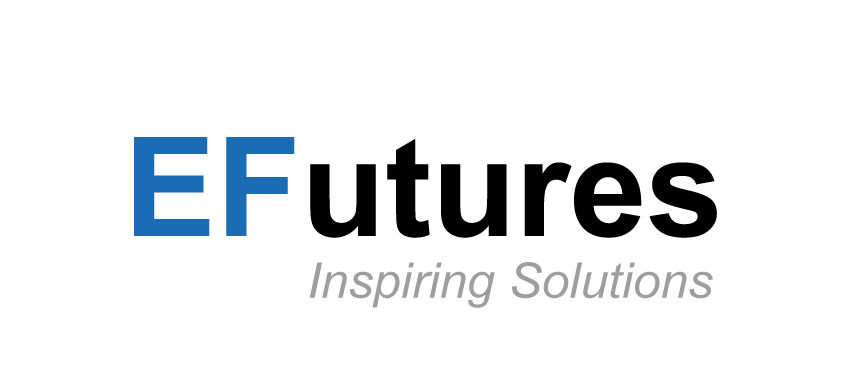
AI-powered software testing has long since made its debut, and as with any cutting-edge technology, it’s here to stay. This isn’t surprising, considering how extensively AI and machine learning are being utilized across the business spectrum, for both large and small tasks. Software testing, on the other hand, has erred towards a few different types of testing, ranging from visual detections to gauging overall intent.
Open-source AI testing applications, together with their communities offer a host of tried-and-tested data, so that others can also make use of tips, tools and techniques that have successfully worked for others in the past. With so many trends shaping the world of software testing, here’s how AI contributes to better efficiency and overall quality.
The advantages of AI-based software testing.
1. Save time and money, both in the short and long term.
The entire premise of automation, whether it’s with or without AI, is about making tasks happen quickly, easily and efficiently. In turn, this also saves time, money and precious resources, which may or may not include your team members. AI-powered technology is slowly becoming commonplace, but it is still one to demand a significant initial investment. Make the big move by judging the calibre and quantity of work involved, so that you commit to an AI-powered software testing suite which is bound to reap valuable ROI eventually.
2. Leave the mundane to automation.
In the pursuit of saving time, money and precious resources, experiencing greater autonomy on the part of your team members is another benefit during the testing process. Engage your QA team with tasks of a more strategic and/or analytical nature, while common/mundane/repetitive testing processes are left to an AI bot. This will not only speed things up, but will reduce the margin for human error, since AI-based software testing solutions shall pick up on common bugs without any oversight.
3. Identify patterns for improving testing accuracy.
buy bactroban online buy bactroban online no prescription
AI, together with machine learning, has the power to self-learn. This is what differentiates these two technologies from the rest, and has long since set them up to accomplish a whole host of tasks spanning multiple industries, including that of the smallest and most boutique of organizations. Software testing is no exception, as training data can be classified and re-classified to improve the accuracy of AI-powered software testers. While human intervention may be required during the initial stages, programs can identify patterns over time and quickly learn from these upon continued processing.
That’s not all – identifying trends also means precious data, which can be analysed with business intelligence and/or data science, for further insight.
In a nutshell…
As many technological aspects embrace AI and machine learning to automate, streamline and ease the burden of key processes, software testing has also jumped into a similar bandwagon for improving overall accuracy and time to market for the final product. Saving time and money can be considered as [positive]
by-products of utilizing AI for software testing, in the midst of other advantages such as self-learning qualities and trend analyses.

